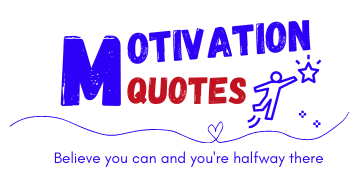Introduction
Communication is the engine that drives motivation. In any setting—be it professional, educational, or personal—effective communication can inspire people to reach their full potential. On the other hand, poor communication can lead to frustration, disengagement, and a lack of motivation. This article explores how communication influences motivation and offers practical tips for using communication to inspire action and achievement.
-
Clarity Boosts Motivation
Clear communication helps individuals and teams understand what is expected of them. When goals and objectives are communicated clearly, people are more likely to stay motivated because they know what they are working toward. Ambiguity, on the other hand, can lead to confusion and reduce motivation. Ensuring clarity in all forms of communication helps keep everyone on the same page and energized to meet their goals.
-
Feedback and Recognition Keep Motivation High
Regular feedback is one of the most powerful tools for maintaining motivation. Constructive feedback helps people improve, while positive feedback and recognition boost morale and drive further effort. People are more motivated when they feel their hard work is noticed and appreciated. Effective communication of feedback and recognition creates a positive cycle of motivation and continuous improvement.
-
Open Dialogue Encourages Engagement
Motivation thrives in environments where communication is a two-way street. When leaders encourage open dialogue and active listening, they foster a sense of inclusion and respect. When people feel heard, they are more motivated to contribute their best ideas and efforts. Open communication also helps address concerns and prevents misunderstandings, keeping motivation levels high.
-
Emotional Connection Inspires Action
Communication that connects on an emotional level can be a powerful motivator. Leaders who communicate with empathy and align their messages with the values and emotions of their audience can inspire deeper commitment and passion. Emotional connections through communication make people feel more connected to their work, driving them to achieve more than just the minimum requirements.
-
Consistency Builds Trust and Sustains Motivation
Consistent communication helps build trust and stability, which are essential for long-term motivation. Regular updates, check-ins, and clear expectations create an environment where people feel secure and informed. Consistency in communication reinforces the importance of the work and keeps people focused and motivated over time.
Conclusion
Effective communication is key to motivating individuals and teams. Clarity, feedback, open dialogue, emotional connection, and consistency all contribute to a motivated and engaged workforce. By prioritizing these communication strategies, leaders can create an environment where motivation thrives, driving success for both individuals and organizations.

